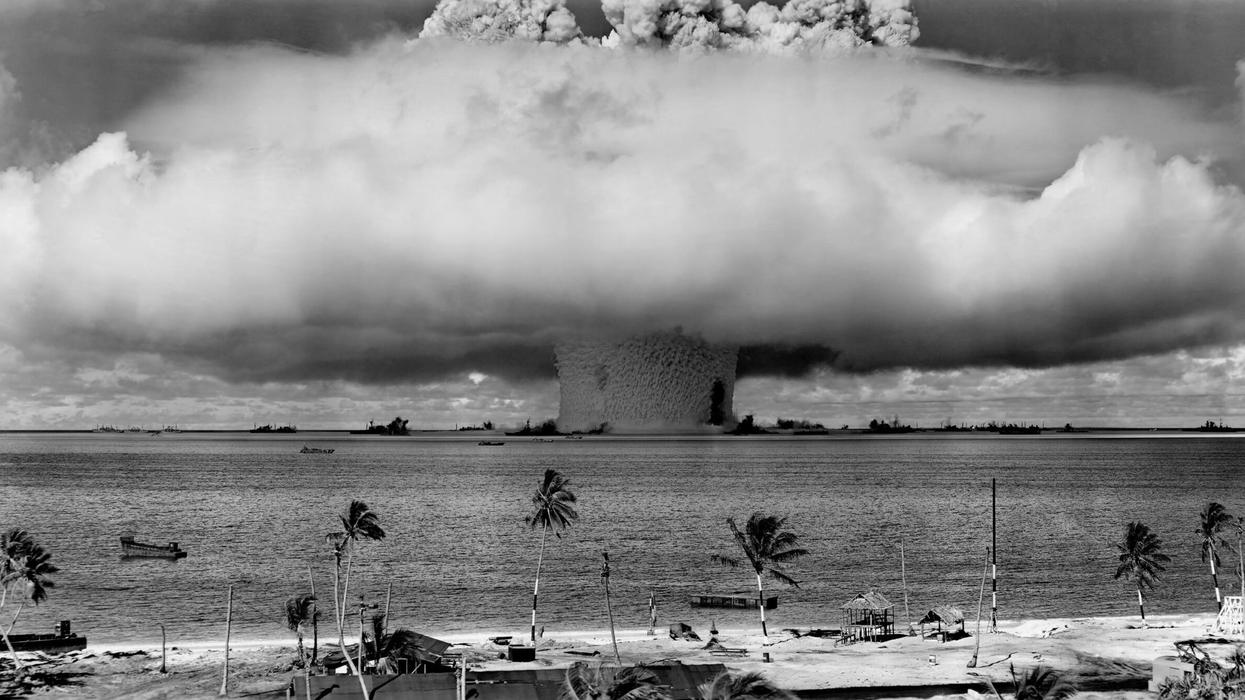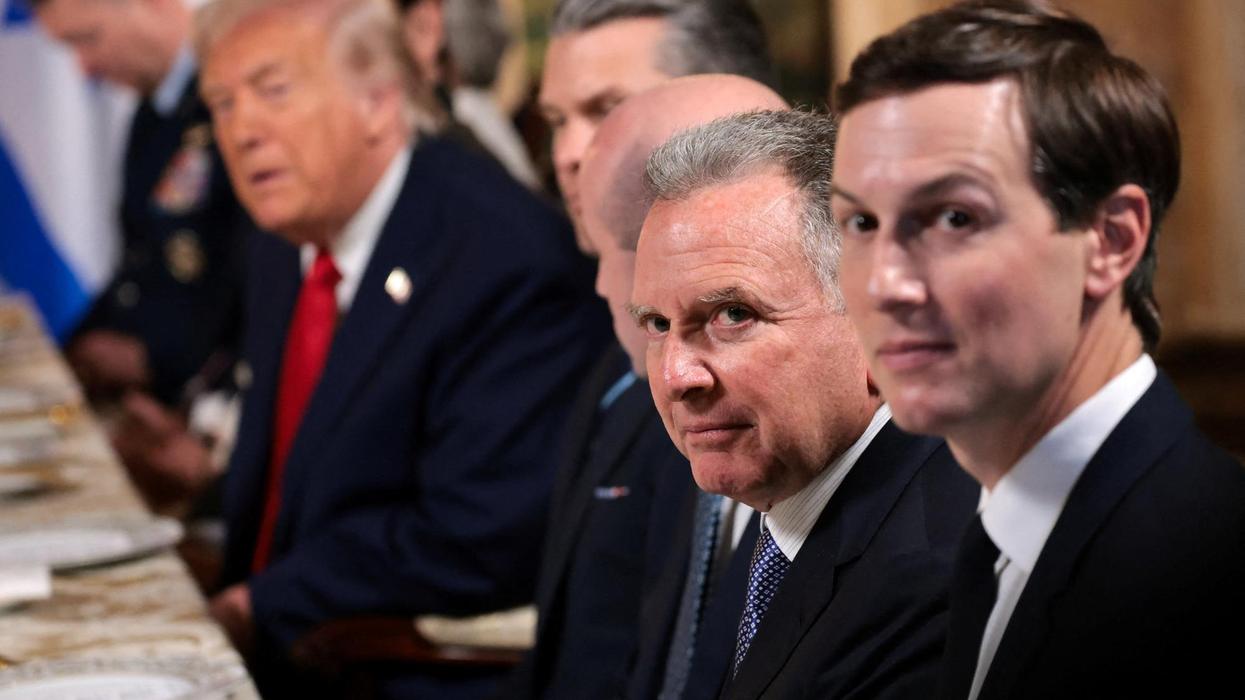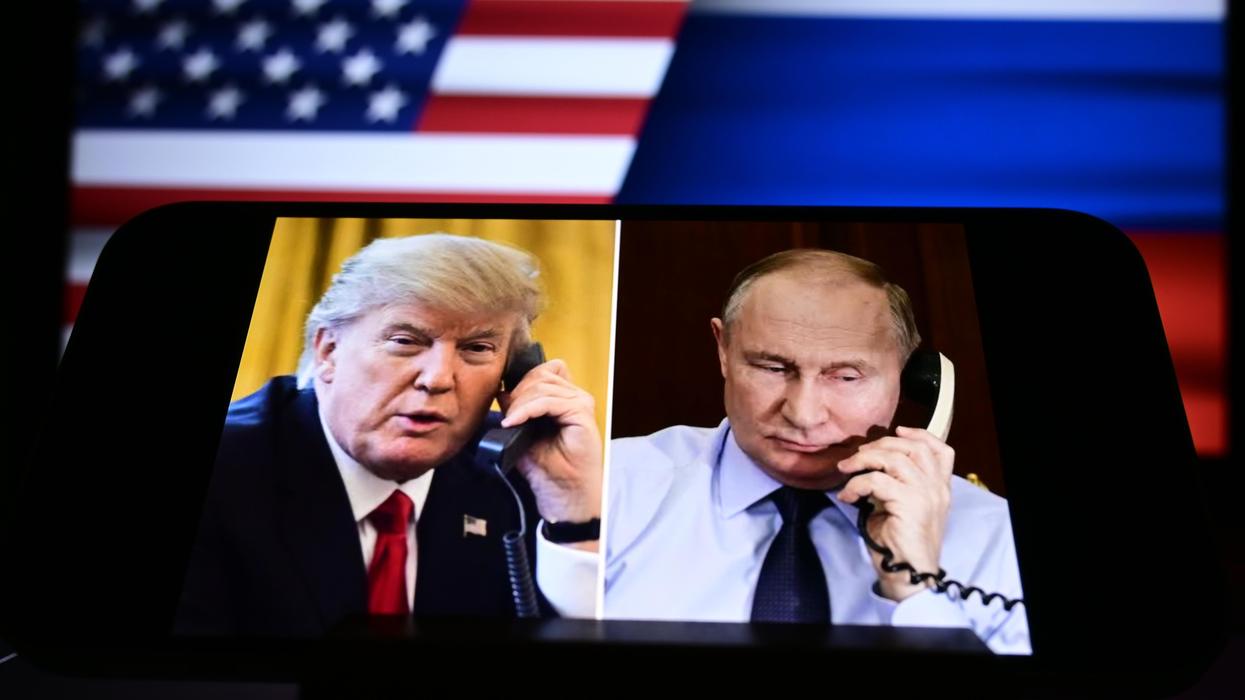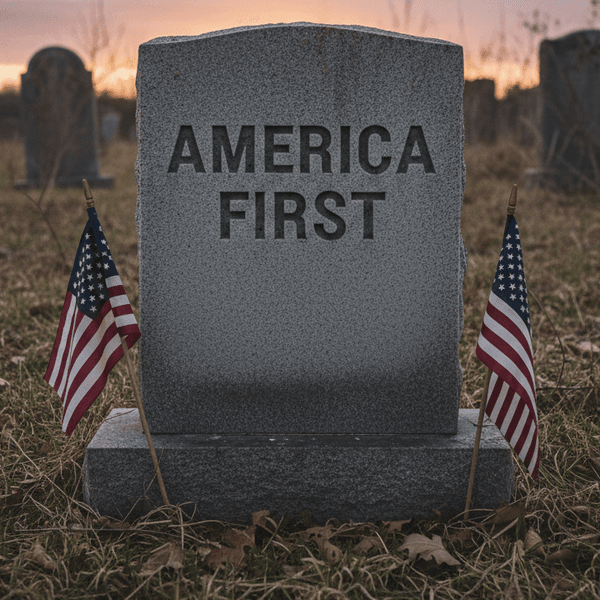Members of the Council on Foreign Relations are currently voting on a slate of ten board candidates put forth by the “Nominating and Governance Committee.” That slate includes what is arguably the world’s largest arms dealer, the chairman and CEO of Lockheed Martin, James Taiclet, according to a document circulated to CFR members and obtained by Responsible Statecraft.
The board of directors of CFR, a New York-based think tank that focuses on U.S. foreign policy and international relations, isn’t a stranger to embracing the weapons industry. CFR’s chairman is David Rubenstein, a co-founder and co-chairman of the private equity firm and defense-industry-focused Carlyle Group, and the board currently includes Raytheon board member Meghan L. O’Sullivan, and Frances Townsend, a director at Lenoardo Systems, a Virginia based weapons systems company. (CFR’s biography of Townsend omits any mention of her role at the weapons firm but Leonardo Systems lists her CFR board membership in her biography on their website.)
By proposing Taiclet for board membership, CFR’s leadership is effectively bringing an individual into their ranks whose company, and personal $24 million in annual compensation, is highly dependent on the U.S. defense budget. In 2018, 70 percent of Lockheed’s revenue came from the U.S. government.
CFR members are being asked to vote on the entire slate, created by the “Nominating and Governance Committee,” and cannot vote for or against an individual candidate. Voting is currently underway and ballots must be cast by June 12.
“It's deeply disturbing to me that CFR has nominated a defense industry executive to oversee the work of the organization,” said Sarah Leah Whitson, executive director of Democracy in the Arab World Now and a current CFR member. “His election would create an apparent conflict of interest as CFR produces policy recommendations regarding ongoing military sales and armed conflict.”
“It would also be quite distasteful to have a titan of the weapons industry in a leadership role for what many members hope will be an organization committed to fostering diplomacy, not war,” added Whitson.
Whitson was not the source of the slate of candidates shared with Responsible Statecraft but replied to questions about the CFR election.
Last year, Responsible Statecraft asked Taiclet whether receiving $75 billion in Pentagon contracts in fiscal year 2020, one and a half times the State Department and Agency for International Development budgets, was a reasonable balance of expenditure and if it was reflective of U.S. national priorities. Taiclet defended the budget allocation that benefited the company he leads, responding that it was “up to the U.S. government” and claimed “it’s only up to us to step to what we’ve been asked to do and we’re just trying to do that in a more effective way, and that’s our role.”
His claim doesn’t explain why Lockheed spent over $13 million lobbying the federal government last year and focused their lobbying power on the defense budget, according to OpenSecrets.
CFR’s mission is to serve as an “independent, nonpartisan membership organization, think tank, and publisher dedicated to being a resource for its members, government officials, business executives, journalists, educators and students, civic and religious leaders, and other interested citizens in order to help them better understand the world and the foreign policy choices facing the United States and other countries.”
Indeed, Taiclet is a business executive and would fit within CFR’s target audience, but his outsized interest in weapons sales — 90 percent of Lockheed’s sales are in the weapons sector — and status as head of the world’s largest arms-producing and military services company, according to data compiled by the Stockholm International Peace Research Institute, raises questions about how Taiclet will use his influence as a board member at CFR. How will the think tank handle potential conflicts between Taiclet’s interest in weapons sales and other CFR members’ interests in diplomacy, non-armaments forms of international trade, reducing the ballooning U.S. defense budget, or finding areas of cooperation between the U.S. and other great powers?
In a 2022 earnings call, Taiclet assured investors that the “evolving threat level” from North Korea, Iran, Russia and China would lead the U.S. to “not sit by and just watch it happen” and that policymakers would respond by increasing the defense budget, over half of which goes to defense contractors like Lockheed. A year earlier, Taiclet suggested that regulators should allow greater consolidation of the industry in order to more closely mirror the largely-state owned weapons industry in China.
His explicit favoring of ongoing growth of the defense budget and less regulatory oversight of an already consolidated weapons industry certainly serves his and Lockheed’s interests, but it may pose conflicts of interest and thorny questions for CFR as its staff and members grapple with geopolitical challenges and attempt to produce independent research on a host of topics that directly impact Lockheed’s and Taiclet’s profits.
CFR and Lockheed did not respond to requests for comment about Taiclet’s selection for CFR board membership or how conflicts of interest between CFR’s work and Taiclet’s interests as the CEO of the world’s largest weapons company will or will not be addressed.
















